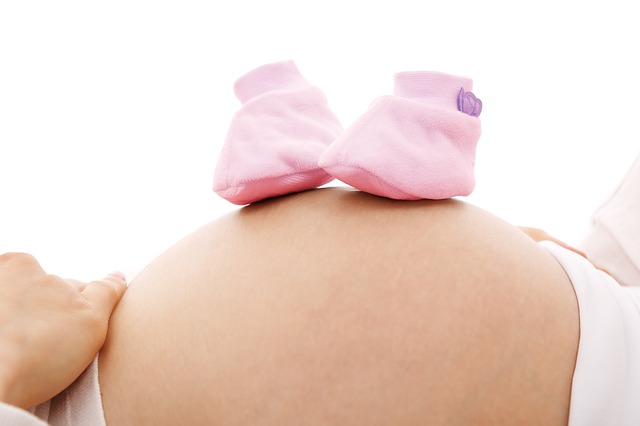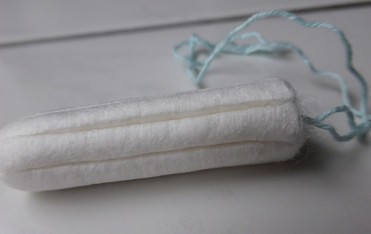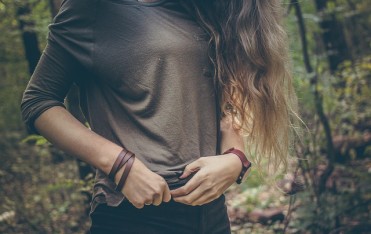This is a great question that my patients ask me all of the time. FSH or follicle stimulating hormone is an indicator of “ovarian reserve” or the quality of your remaining eggs. Women in their twenties have lower FSH because the body does not have to work very hard to produce a viable egg each month. As you age your eggs age with you and begin to suffer oxidative damage. Oxidative damage is not something that is reversible but don’t let that scare you. There are in fact many different factors that go into generating a healthy egg or ‘follicular recruitment’ many of which we can do something about in spite of our ‘age’. There are many things we can do to help with follicular recruitment and the subsequent development of healthy embryos. This means that we are able to improve egg quality and have a positive effect on ovarian reserve.
Acupuncture can help the eggs develop by increasing blood flow to the ovaries and uterus. Acupuncture can also lower stress levels and even change the way we internalize stress.
Certain herbs and supplements can be used to help hormone balance and give an energy boost to the power houses of the eggs called mitochondria. This is where COQ10 comes in.
COQ10 is a key factor in what is called the Kreb Cycle. The kreb cycle is how every cell in our body produces ATP or ‘energy’. The part of the cell that produces energy is called the mitochondria. One thought about eggs that are older is that their mitochondria produce less ATP during the Kreb Cycle which causes the egg to develop poorly. It is also possible once the egg is fertilized because the ATP output of the mitochondria is lower there will be more problems with microtubules and cell division. This can cause fragmentation and poor quality embryos. The best form of COQ10 is call ubiquinol. Taking ubiquinol every day as a supplement may increase the ATP output of the egg mitochondria allowing them to be recruited, fertilized and develop into healthier embryos. The recommended dose of ubiquinol is 200mg 2 times a day.
Micronized DHEA has also been shown to improve ovarian reserve. DHEA aromatizes into either testosterone or estrogen both of which can have a positive effect on egg quality. The recommended dose of DHEA is 25mg three times a day. I would not recommend DHEA for patients that have any kind of hormone imbalance involving testosterone (like PCOS for example) as DHEA can increase levels of testosterone. (For PCOS patients inositol can be taken to help bring the body back into balance but we will discuss that further in another blog).
There are also some chinese herbs that are thought to increase ATP output and improve ovarian reserve. Yang tonifying herbs as well as ren shen or ginseng may help improve egg quality but they should only be taken under the supervision of a board certified herbalist.
A healthy lifestyle is also essential. Keep your sugar intake low as insulin imbalances in the blood can negatively effect the ovaries. I recommend lots of lean healthy protein, lightly cooked veggies, nuts, legumes and fruit. Try to keep your intake of processed food to a minimum as processed food tends to have large amounts of sugar, trans fats, sodium and other not so awesome things.
Generally speaking follicular recruitment takes around three months so expect to see the most change in FSH and egg quality after taking herbs/supplements for three months or more. Clinically I have observed FSH being lowered over the course of a few months by consistent acupuncture treatments and taking herbs and supplements.
Lastly, do yourself a favor and DON’T BUY CHEAP SUPPLEMENTS. Very often cheap “ubiquenol” pills will have very little ubiquinol in them at all because the suppliment industry poorly regulated. Only buy supliments/herbs from a reputable dealer like your acupuncturist, local health food store, whole foods or board certified herbalist. Do not buy from drug stores, box stores or big chain stores.



